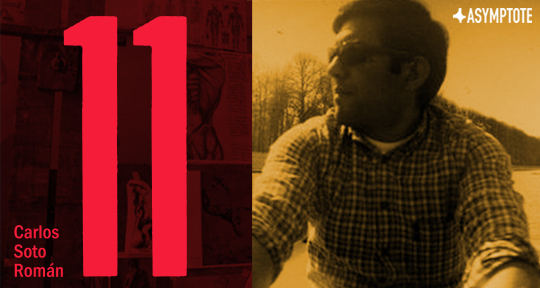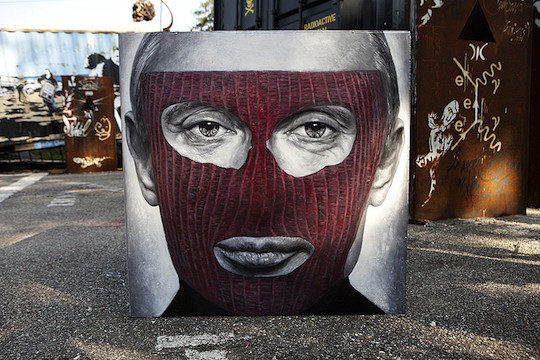As a theatre translator and researcher working in London, the work that I create is motivated by a desire to enable British audiences to engage with a particular voice, author, theme, perspective, or situation from another country and culture. I seek to facilitate this in multiple ways through academic scholarship, through study in the classroom, and through rehearsal and performance. My translation decisions are informed by a process of in-depth analysis in which I ask the following questions: how might a text resonate in a local context, for example, in Britain today? What are the links between source and target culture that enable a play to become mobile? How can dialogue begin on stage and then extend into the audience, sparking new conversations, in a new context?
In 2017 I completed the translation of two plays; Ready or Not (Punto y Coma) by Uruguayan dramatist, Estela Golovchenko, and Summer in December (Verano en diciembre) by Spanish dramatist, Carolina Africa Martín. In Ready or Not, a young girl is separated from both of her parents during the period of intense military repression (1973-1985) in Uruguay and then later reunited with her father, who is a political activist turned Senator. They clash over their political views, their ways of remembering the past, and their roles in the present. In Summer in December, a family of six women is faced with seemingly small everyday dilemmas of worrying about what their neighbours might think about them, whether the food in the fridge has passed its sell-by date, and the latest diet fad. However, the play goes on to address much more significant concerns about new and old relationships, unplanned pregnancies, and what should happen to an ageing relative with dementia.



